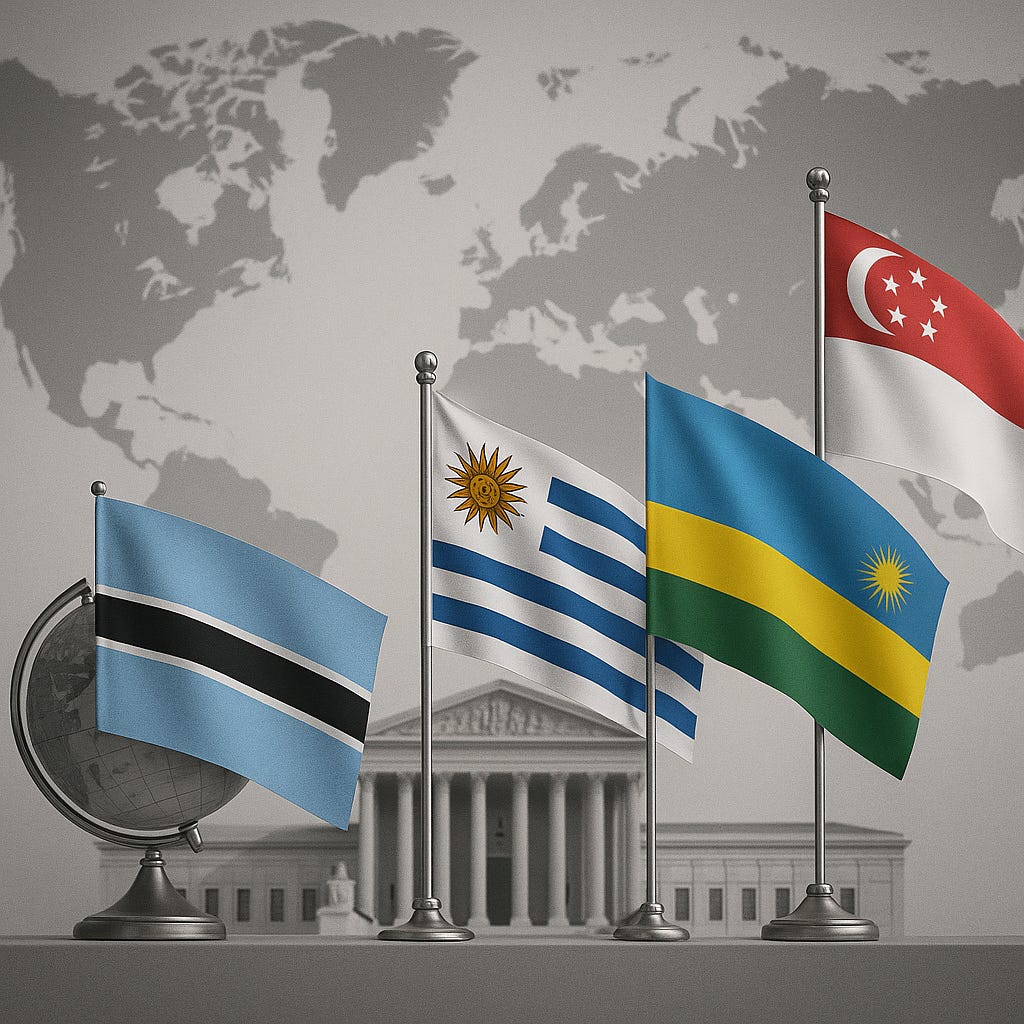Monday Edition — Governments That Work
Governments That Work
The headlines are full of failure.
The American government has failed and is in the early stages of dictatorship. In Europe, right-wing movements spread from Hungary to France, putting European liberalism in question. Turkey’s economy slides deeper into crisis as its leadership grows more authoritarian. Belarus has fallen. In Britain, dysfunction has bec…



